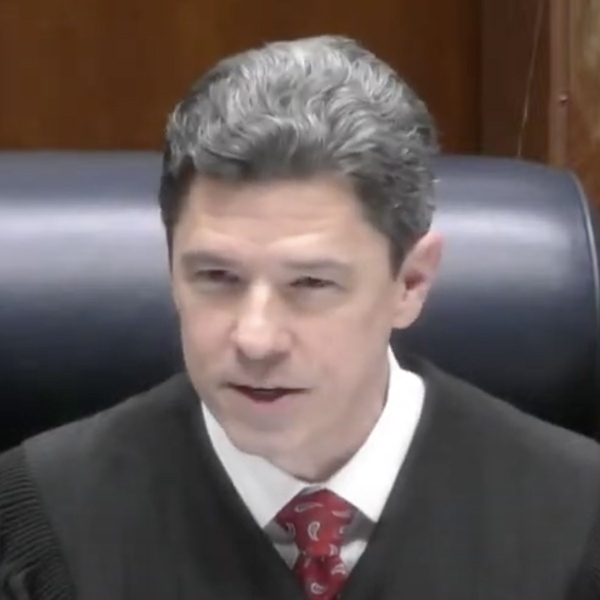The Texas Supreme Court heard oral arguments Feb. 19 from distribution utilities seeking to dismiss what may be the final lawsuit stemming from the deadly February 2021 winter storm, also known as Winter Storm Uri.
At issue is whether another Texas court should have dismissed the plaintiffs’ claims of gross negligence and intentional nuisance on the part of the utilities, Oncor, CenterPoint Energy and AEP Texas (24-0424).
More than 1,000 plaintiffs from across Texas alleged various claims against the companies that included negligence, gross negligence and nuisance following the storm, which is thought to have killed more than 200 people. Their cases were consolidated into a multidistrict litigation court, meaning they can be heard at once.
The utilities contend the claims are barred by ERCOT’s protocols governing their operations. A Texas trial court dismissed some claims but refused to dismiss those of negligence, gross negligence and nuisance. The 14th Court of Appeals in April 2024 granted mandamus relief in part, ordering dismissal of the negligence and strict-liability nuisance claims. However, it allowed the more severe gross negligence and intentional nuisance claims to proceed.
The plaintiffs’ attorney, Ann Saucer with the Nachawati Law Group, argued that the utilities failed to roll the outages during Uri, when ERCOT was desperately trying to stabilize the grid after it lost much of its gas generation. Instead, some customers were left without power for up to 80 hours.
Vinson & Elkins’ Michael Heidler, representing the utilities, said the plaintiffs “misunderstand” how ERCOT’s load-shed protocols work. He said utilities were told to avoid shedding load on lines equipped with underfrequency load-shedding circuits, which trip off if the frequency drops.
“When we get into load shedding or manual load shed, and the load shed obligation is sufficiently large, it becomes difficult, if not impossible, to rotate out the remaining load in a way that’s safe to the grid and complies with ERCOT’s load-shed protocol,” he told the court. “One of the things complainants say … is when we left certain neighborhoods on for the entirety of the load-shed event where, while others were subjected to load shedding, that’s exactly what ERCOT protocols require. We do have duties. We have regulatory duties.”
Heidler noted that the protocols require utilities to maintain power to hospitals and other critical infrastructure, law enforcement and nuclear plants.
The justices appeared skeptical of the plaintiffs’ arguments that the utilities intentionally kept the lights on in some neighborhoods at the expense of others.
“They did that because they were consciously indifferent to people freezing to death,” Saucer alleged. “The only way that I’ve heard that these defendants are defending this is to just simply deny the truth of the petitions. I haven’t heard them actually say, ‘We thought everyone was going to be OK if we left them in this cold without power for two days.’”
“I think what they’re saying is, ‘We didn’t have a choice,’” said Justice Brett Busby, who directed most of the questions to the legal counsels.
“There is no proof of that,” Saucer countered.
“That does seem to be what they’re saying,” Busby responded. “Maybe on summary judgment, if we get that far, both sides would have some evidence of that. But it doesn’t sound like they’re saying, ‘We don’t have any excuse for this.’ … They’re saying, ‘We’re required by the Nodal [Protocols].’”
The Supreme Court last year overruled an appeals court in saying ERCOT and the Public Utility Commission were within the law when they raised wholesale prices to more than 300 times above normal during Uri. (See Texas Supreme Court Rules for ERCOT, PUC During Uri.)
A decision is not expected to be rendered for several months, but the high court normally issues judgments on all proceedings it takes up. Its current term ends in late June.





